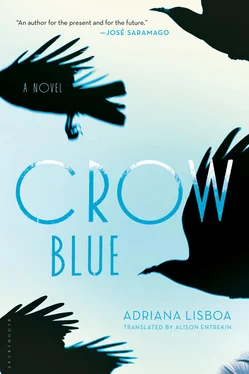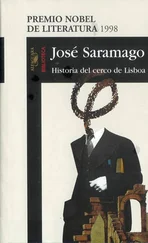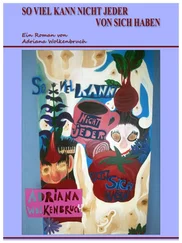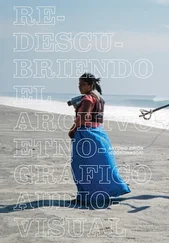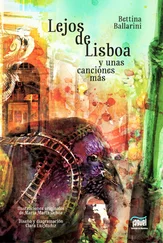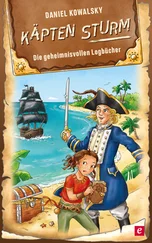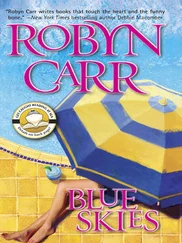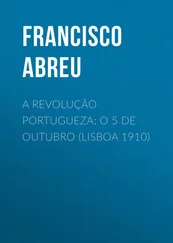And when we walked in and met Norbert, who then left with his vacuum cleaner, she suggested that we have a seat and went to get the tea. She brought a blue teapot and a collection of mismatched cups. All made by her, she announced. Here she had used melted glass. This one here was already quite old, one of the first cups she had made when she was still living and studying in Mexico. Then she looked at me and with a start I suddenly wondered if she had met my mother. Did my mother’s relationship with this woman’s son include family gatherings? If so, how long would it take for her to recognize my mother in me?
Sugar, anyone? Honey?
Then she talked, with her eyes wandering through the air, about when she was young and lived in Mexico and met her first husband and then they both went to live in the Ivory Coast, and his name was Jesus. Her first husband. A good man. Her two children had been born in Abidjan. And after living in Mexico and the Ivory Coast she had never again been able to live in a cold climate.
In Vermont with Norbert, for example, she said. It’s all very beautiful there, but I need the sun. Norbert wanted me to move to Vermont when we met. I said no. I told him he had to choose. Vermont or me.
Carlos had gotten up and gone to play with the cat. I asked its name and Florence said Salmon, and Carlos thought it was funny for a cat to have a fish name.
So where are your kids these days?
It was Fernando who asked the question, and only I knew that his voice was shaking on the inside, under his mantle of casualness and politeness. Only I knew that his voice was a trap. Three pairs of eyes trained themselves on Florence, trying not to look anxious.
They’ve gone back to Africa. My son’s been in Abidjan for six years now. My daughter’s been in Luanda for more than ten. Her husband is from there. Would anyone like some more tea? Have some ginger cookies. I made them yesterday.
How stupid, I thought. How stupid to leave Copacabana and go live in a suburb of Denver and wait months and travel hundreds of miles in a crappy old car to find a woman in a house tucked away in the mountains of New Mexico only to discover that my father lived in Africa. That he was a whole Atlantic away. That he was on a continent which, outside of the classroom, I had rarely thought about in my thirteen years of life, on a continent that had nothing to do with me or my mother, or Barra do Jucu, or Janis Joplin.
I was phenomenally angry at myself for the idea, for the letter, I was angry at the post office employee for having sent the letter properly and at the letter for not having gotten lost in the post, I was angry at Fernando for the nice little phone call, I was angry at Carlos for existing and having that stupid family of his and for not being able to speak English properly after a year in the country that he and his stupid family worshipped, I was angry at Florence for the triviality of her words and her la-la land, and for having a husband who collected vacuum cleaners. I was angry at the tea. I was angry at the Indians and their jewelry in Santa Fé and at the women who bought the Indians’ jewelry in Santa Fé and even more at their rich, pot-bellied husbands. I was genuinely abysmally angry at the librarian at the Denver Public Library, who had suggested all that poetry to me as if I had some kind of aspiration to become an intellectual. As if anyone needed it. That pile of difficult lines written by men and women who didn’t have anything else to do. I was angry at WH, TS and WB, and very angry at Marianne and her dumb fish. I was angry at my mother for dying and at myself for having been left behind, for staying on in my compulsory life, unable to escape the teachers’ pity and my classmates’ teary eyes. I felt a compact, vehement anger for playing on the ultimate team and being Aditi Ramagiri’s friend and having Nick’s name written on my jeans. I was angry at Shah Jahan and his damned missing diamond.
I felt like screaming. Like picking up the teacup and smashing it against the white wall. A new Big Bang that wouldn’t beget any universes — just a handful of ceramic fragments that someone would sweep into a dustpan. A Big Bang without universal pretensions, like an outlet for a god’s bad mood.
But I didn’t scream or throw the teacup. I remained silent, as Florence delivered a slow monologue like someone remembering a dream, talking about her work, her sculptures, her pottery, and suggested that we go and see the sculptures in the garden while it was still light out, and then she would show us her studio. Lots of things were for sale and she accepted cash or checks, but not credit cards unfortunately.
Fernando held my hand as we headed out into the garden and sparse snowflakes twirled in the white sky, undecided as to their destination. The weather disobeyed meteorology. But the snowflakes disappeared on the ground. They didn’t come to be presences.
Fernando held my hand with a squeeze that wasn’t loose or tight, and as we walked around the garden and looked at the Woman Chicken and other sculptures we wondered, all of us, each in the dialect of our own thoughts, how we would tell Florence the real reason for our visit. And whether she would be upset or happy or suspicious, or none of the above.
Probably none of the above.
It was already night when we left the house on Redondo Road. June got into her green pickup and placed the half-dozen ceramic tea cups she had bought, wrapped in several sheets of newspaper and stacked in a plastic bag, on the passenger seat next to her.
June would take the same route back to Santa Fé, where Alfred and Georgia were waiting for her, perhaps already a little upset at her long absence. She would pass through Los Alamos and cross Oppenheimer Drive; she would pass the Indians’ brightly lit casinos and neon signs.
Fernando, Carlos and I would continue south after leaving Redondo Road, along the modest State Road 4. We would pass through Jemez Pueblo and reach San Ysidro, where the road emptied into another, and we would pass through Zia Pueblo and continue on to the intersection of I-25, the omnipresent Interstate 25. And we would see other Indians’ brightly lit casinos and neon signs. And at some point we would be in Albuquerque. I was holding a two-dimensional ceramic creature. A lizard, perhaps. A creature made by Florence.
I don’t sell these ones. I make them as a pastime, she had said. Pick one.
Florence’s studio was a large room with a really big dirty table and pieces of newspaper everywhere. But she hadn’t hung her favorite poem on the wall. Maybe she didn’t have a favorite poem. Maybe she didn’t read poems.
I picked the perhaps-lizard. Which was now arriving in Albuquerque with me — the same Albuquerque where I had been born and which I was revisiting with a strange reverence, the reverence reserved for reencounters with people and places we don’t remember anymore.
On Fridays, my mother used to get her nails done and would come home complaining about the smell of the nail polish. On Saturdays, she used to go to the street market and would come home complaining about the smell of the fish. On Tuesdays, she used to go to the supermarket and would come home complaining about the price of things.
Sometimes I would go with her to the manicurist and the manicurist would paint my nails pink. I didn’t complain about the smell of the nail polish.
After my mother died, I wondered if all these places would save her a space for a while. The space that she would have occupied in the queue at the supermarket. The lettuce or the potatoes that she would have bought at the street market. The potential brushstrokes of nail polish in the bottle. I wondered if the space that a person occupies in the world survives the person themself. If the stage remains set for a while, the props ready, the cue repeated several times, waiting for the person to come on again. And if the connections are only undone slowly, the threads breaking, the lights switching off, the person dying slowly for the world after they have died for themself. If there are two deaths, one intimate and individual, the other public and collective, two deaths that happen at different paces.
Читать дальше
